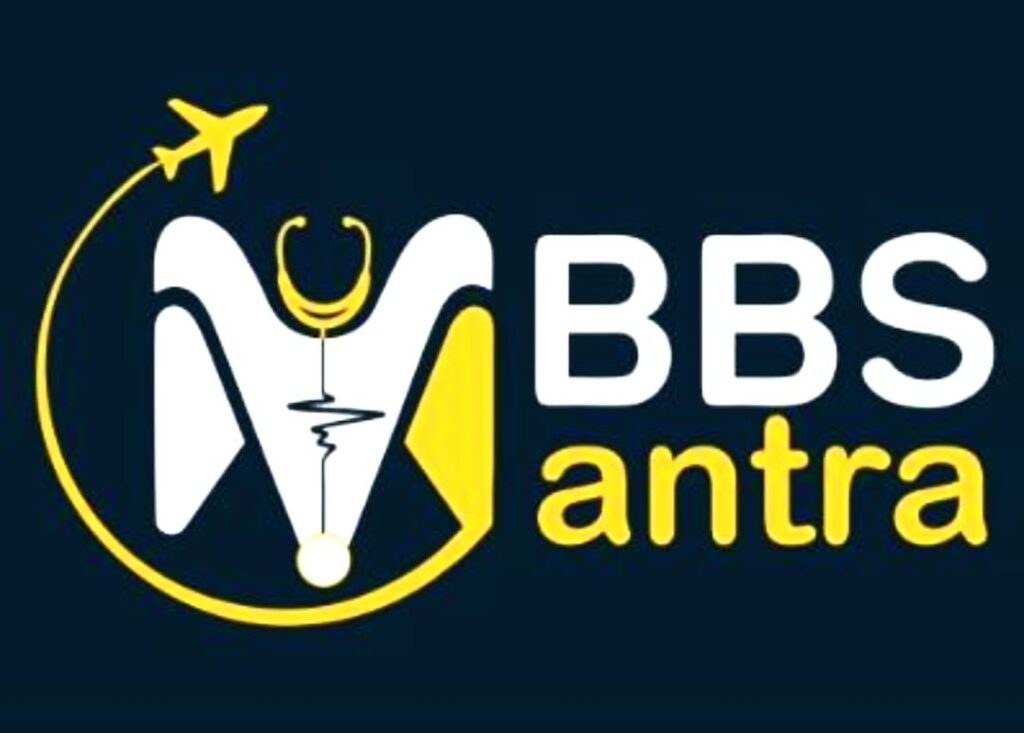
Pursuing an MBBS in Russia can be a demanding yet fulfilling experience. The heavy academic workload, extended study sessions, and relentless drive to succeed can cause significant stress for medical students. However, with the right strategies, it is possible to manage this stress and excel in your studies.Embarking on an MBBS program in Russia is both challenging and rewarding. The intense academic pressure, long hours of study, and constant push to achieve can lead to high levels of stress for medical students. Nevertheless, with effective strategies, you can manage stress well and succeed in your medical education.
Time Management
One of the key ways to help students reduce stress is by practicing effective time management. With the right techniques, students can find a balance between their academic responsibilities and personal life.
Task Prioritization: Utilize tools like planners or digital calendars to easily prioritize tasks. Break your workload into smaller, manageable pieces, and order them by deadline and difficulty.
Set Achievable Goals: Set clear, realistic goals for each study session or day. Avoid overloading your schedule to prevent burnout.
Advance Planning: Create a weekly or monthly study plan. Dedicate time for classes, self-study, breaks, and leisure activities. Planning in advance helps you stay organized and avoid last-minute stress.
Effective time management is one of the primary ways to help students alleviate stress. By adopting the right strategies, students can effectively balance their academic workload and personal life.
Adopt Effective Study Techniques
Study Smarter, Not Harder!
Active Learning: Utilize active learning techniques such as summarizing information in your own words, teaching concepts to peers, and using flashcards. These methods enhance understanding and retention.
Study Groups: Participating in study groups can be an effective way to learn, gain different perspectives, and achieve a deeper understanding of complex topics.
Regular Revision: Regular revision is crucial! Consistently review your notes and other study materials. This reinforces your memory and keeps the information fresh
Maintain a Healthy Lifestyle
Your physical health directly affects your mental well-being and academic performance!
Regular Exercise: Make regular exercise a part of your routine. Exercise is a proven way to relieve stress, as it releases endorphins that enhance mood and overall well-being. Even a 30-minute walk or a short workout can significantly impact your health.
Adequate Sleep: Ensure you get sufficient quality sleep. Sleep is essential for memory consolidation and cognitive function. Follow a set routine that helps you relax and maintain a consistent sleep schedule.
Practice Mindfulness and Relaxation
Mindfulness and relaxation techniques can greatly reduce stress and enhance focus.
Mindfulness Practices: Meditation, deep breathing exercises, and yoga are excellent for staying present and reducing anxiety. Apps like Headspace and Calm provide guided sessions that can be easily integrated into your daily routine.
Relaxation Techniques: Techniques such as progressive muscle relaxation, guided imagery, and listening to calming music can help you unwind and rejuvenate your mind. Dedicating a few minutes each day to these practices can lower stress levels and boost mental clarity.

